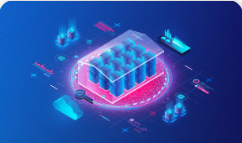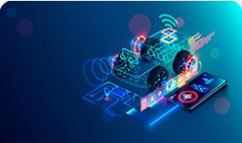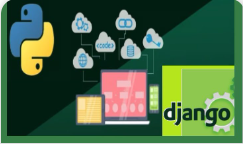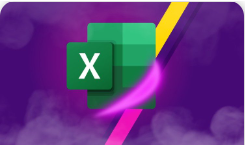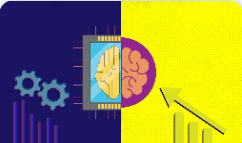$229.9 $69.9
Save 228.898%
What you'll learn?
Fundamentals of Data Integration: Understand the core concepts and types of data integration and explore real-world examples.
Navigating IBM Information Server: Get acquainted with the components of IBM Information Server and its role in data integration.
IBM Information Server Administration: Learn to navigate the IBM Information Server Administration Console and practice essential administrative tasks.
Exploring IBM DataStage: Dive into the architecture of IBM DataStage, its key components, and practical uses
Developing in IBM DataStage: Work hands-on in DataStage, create projects, explore job types, and utilize design elements for parallel processing.
DataStage Administration: Acquire practical skills in DataStage administration, including user management, permissions, and environment variables.
Metadata Management: Practice metadata management using DataStage Designer, importing, and exporting components.
Creating Parallel Jobs: Engage in practical sessions to create parallel jobs, define parameters, and document your jobs effectively.
Accessing Sequential Data: Hands-on experience in handling sequential data, utilizing the Sequential File stage, and managing reject links.
Implementing Partitioning and Collecting Algorithms: Gain practical insights into partition parallelism, partitioning algorithms, and collecting strategies.
Combining Data with Stages: Work with Lookup, Join, Merge, and Funnel stages, and practice their applications in real-world scenarios.
Group Processing Stages: Learn to sort data effectively, remove duplicates, and utilize Aggregator stages in practical exercises.
Transforming Data: Practice using the Transformer stage, constraints, and debugging techniques for data transformation.
Repository Functions: Explore practical aspects of using the repository, finding differences between jobs, and performing impact analyses.
Working with Relational Data: Engage in hands-on activities involving connector stages, reading and writing to database tables, and utilizing data connection ob
Job Sequence Control: Gain practical experience in creating job sequences, defining triggers, and managing job activities through various stages.
Real Practice: AWS Cloud Integration: Apply your skills to integrate data with AWS Cloud services in real-world scenarios.
 Security policy
Security policy Delivery policy
Delivery policy Return policy
Return policy